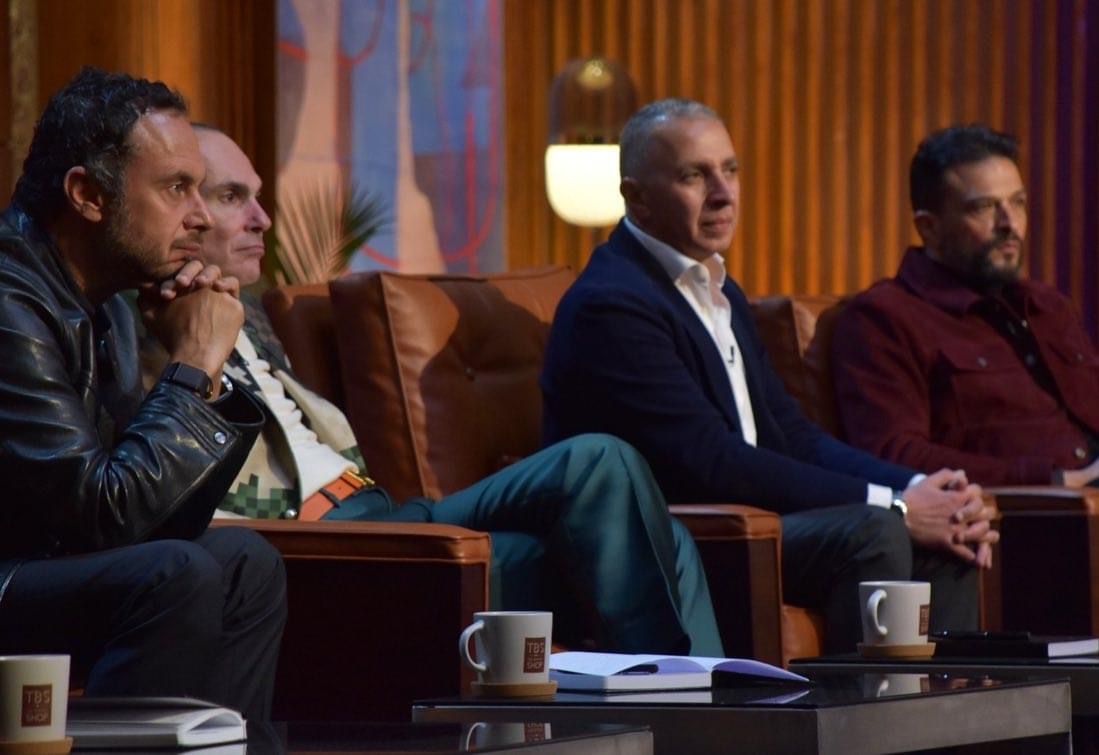In 2016, the Egyptian Radio and Television Union caused uproar by ordering female anchors to go on mandatory diets, deeming their appearance “inappropriate” for television. Eight presenters were suspended until they met these controversial beauty standards, putting a glaring spotlight on fatphobia.
Fatphobia is defined as “the irrational fear of, aversion to, or discrimination against obesity or people with obesity.” It is rooted in societal stigma and negative stereotypes about larger bodies, contributes to discrimination, and harms self-esteem and mental health.
Fatphobia and weight bias can manifest in society through practices such as clothing stores failing to offer a range of sizes or the absence of larger chairs in public spaces.
Unsolicited compliments such as “you look amazing, you’ve lost so much weight,” imply that maintaining or gaining weight is negative and exhibits fatphobia. Additionally, using the term “fat” as an insult reinforces negative connotations, despite it simply being a description of body shape.
In another instance of fatphobia, Gold’s Gym, one of Egypt’s leading fitness chains, sparked outrage by posting an image of a pear on Facebook with the caption, “This is no shape for a girl.” The post drew criticism for its implication that women with pear-shaped bodies, characterized by weight concentrated in the lower half, were to be shamed for their bodies or unworthy of the label “girl.”
Omnia Medhat, a 27-year-old Egyptian content creator, recalled an incident while shopping for an evening dress. None of the dresses she tried on fit her, prompting her to ask the sales assistant if they were her size, 16. The assistant responded, “No, I brought you sizes 14 and 12 because you’ll lose weight anyway since you have an event coming up.”
Medhat shared with Egyptian Streets that she felt her size is conducive to discrimination.
Like many Egyptian women, she acknowledged facing numerous challenges when shopping, including limited size availability, high prices, unaccommodating sales staff, and a lack of options.
According to Lewis Maltby, a 2009 survey revealed that 93 percent of employers would prefer an applicant of “normal weight” over an equally qualified candidate with a higher weight.
A recent episode of Shark Tanks Egypt, a television show where aspiring Egyptian entrepreneurs present their business ideas to a panel of investors in hopes of securing funding for their business, ignited a significant debate surrounding fatphobia, body positivity, and health, particularly following a pitch for a denim brand that includes plus sizes.
The entrepreneur pitching her business had the aim to create jeans in all sizes, including XXL and larger. Upon introducing her idea, one of the judges, or a shark as the program calls him, Ayman Abbas, the executive chairman of Intro Holding with experience in oil and gas sector, real estate, investment, and technology, told the business innovator to “not encourage being overweight.”
Another shark, Mohamed Farouk, the Chairman and CEO of Mobica, an interior and exterior solutions company, told her, “I want you to make chubby women appear thinner in the jeans.”
The episode sparked a divided response on a TikTok stitch of the episode. Some TikTok users agreed with the sharks and expressed concerns that promoting larger sizes could unintentionally encourage unhealthy habits.
Some commented that Abbas is ‘fatphobic.’
Agreeing with Abbas, a user noted in a comment that it is unhealthy for someone to need bigger sizes. Echoing these thoughts, another TikTok user wrote that society should not normalize – nor accommodate – gaining weight.
Other commenters argued that addressing needs caused by factors like genetics and mental health, not just overeating, is important for promoting inclusivity and representation in the fashion industry.
“People should have clothes to wear in their size. Even when they’re trying to lose weight, they should still find something to wear until they lose the weight,” another person commented on social media.
A TikTok user noted that some individuals may be overweight due to underlying medical conditions, such as autoimmune diseases, which can contribute to weight gain. Another social media user wondered if people who wear extra-large clothing should walk around naked.
“This is so crazy. It doesn’t matter what they think. There are overweight people who still need plus-size clothes,” another user commented.
Aligning with the global body positivity movement, which encourages self-love and acceptance of the body to enhance body image, some of the comments highlighted the importance of providing stylish clothing for all body types, arguing that fashion should be inclusive and that every single person deserves to feel confident in their appearance.
People concerned with health emphasized that self-love should not come at the expense of physical health.
This incident shed light on a culture shift, where the lines between body positivity, health, and fashion are increasingly being questioned and challenged.







Comments (0)